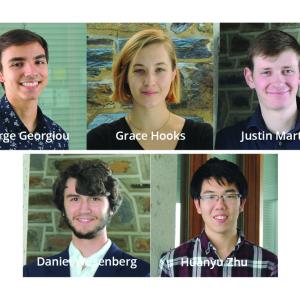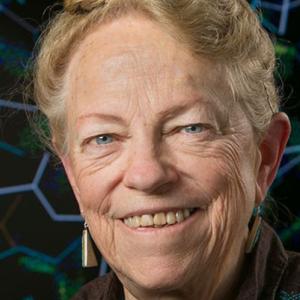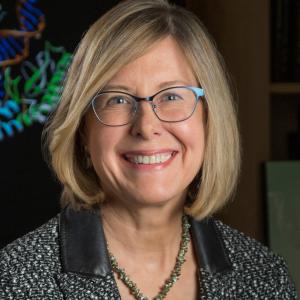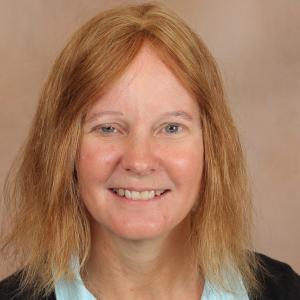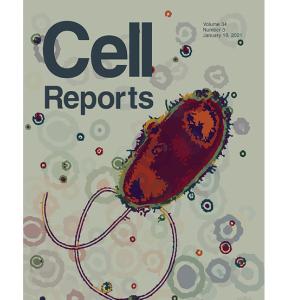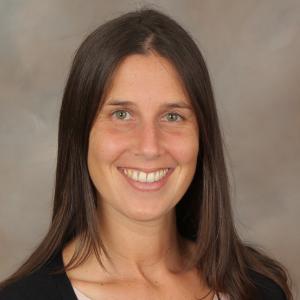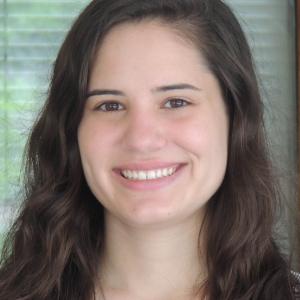The Department of Biochemistry Wishes to Recognize...
The Biochemistry Department recognizes students who received honorable mentions for the highly competitive NSF Graduate Research Fellowship Program.
Boyce Lab Embarks on New Line of Research
After his former PhD student, Alex Broussard, serendipitously discovered the role of the enzyme GALE in mucus secretion, Dr. Michael Boyce's lab embarked on a new area of exploration.
Women's History Month – Jane Richardson
This Women's History Month, we celebrate Jane Richardson. She helped solve 2 of the roughly first 20 protein structures and is the "mother" of the ribbon diagram—a standard representation of protein structures. Read more
Women's History Month – Dr. Lorena Beese
This Women's History Month, we celebrate Dr. Lorena Beese. She uses X-ray crystallography to derive hi-res, 3D protein images that, combined with different scientific analyses, address cancer biology questions to develop therapeutic agents for cancer treatment and other diseases
Women's History Month – Dr. Meta Kuehn
This Women's History Month, we feature Dr. Meta Kuehn & her now all-female lab. They study how pathogenic bacteria distribute virulence factors to host cells via extracellular vesicles. Their findings could lead to therapeutic targets to fight human and plant pathogens. Read more
Women's History Month – Dr. Maria Schumacher
This Women's History Month, we celebrate Dr. Maria Schumacher. Her lab has determined the molecular mechanisms of important biological systems by understanding those involved in protein-nucleic acid interactions in relation to microbial pathogenesis. Read more
Hannah McMillan Provides Cover Art for Cell Reports
Gracing the cover is a TEM image of P. fluorescens producing vesicles. View the art along with Hannah McMillan's article.
Women's History Month – Dr. Kate Meyer
This Women's History Month, we celebrate Dr. Kate Meyer who developed the first method for transcriptome-wide detection of m6A. Her work helped uncover pathways that regulate m6A and m6A's mark in regulating gene expression. Read more
Meet 2019 Matriculant Huanyu (David) Zhu
Discover what David is researching in the Meyer Lab and what he appreciates about the department's welcoming atmosphere
Get to Know PhD Student Sarah Ermatinger
Sarah is a 2018 matriculant whose research focuses on Staphyloccoccus aureus biofilm infections. Read about her pre-Duke experience and how the department supports her current research.
